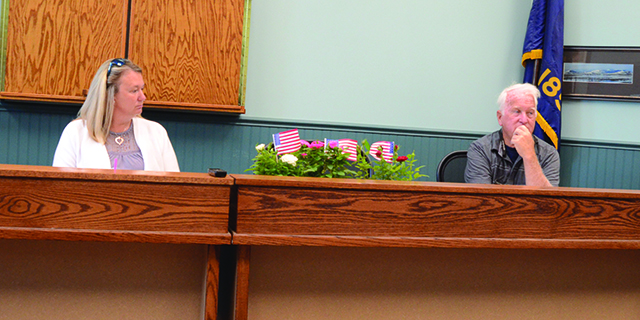Occupation hurts cause of rural America
Published 11:28 am Tuesday, January 12, 2016
The armed militia groups who failed to provoke a shooting war with federal agents during a standoff at a ranch in Nevada have brought their show to Oregon’s Harney County. Local residents are largely rebuffing their militancy.
So should the rest of rural America.
Trending
Militia members supposedly came to town to support two local ranchers convicted of setting fire to federal land. When they failed to whip the ranchers and the townspeople into a revolutionary frenzy, a splinter group took over facilities at the Malheur National Wildlife Refuge as a larger protest against federal control of western lands.
The occupation is led by Ammon Bundy, son of Nevada rancher Cliven Bundy, whose dispute with the Bureau of Land Management led to a tense standoff between federal agents and militia in 2014.
We struggle to understand what they hope to accomplish. Their action does nothing for the ranchers they allegedly came to town to support. Their stated goal of holding their position until the federal government returns the land to private ownership is at best a delusional hope, and does nothing to resolve the real issues.
This desperate action allows critics to describe these complaints to urban America as the farcical rants of armed militia, dubbed “yeehadists” by CNN.
The federal government holds title to massive parcels of public lands throughout the West. That’s been settled law for a hundred years. Many would like that land turned over to the states, as was the case with much of the federal land east of the Rockies.
The real question is how that land should be managed and how grazing and natural resource extraction will remain viable and part of the multiple use doctrine that historically governed public lands.
Trending
Government policy once fostered the timber, livestock and mining industries that became the economic lifeblood of rural Western communities. Current policy — the result of environmental lawsuits and regulatory and legislative changes — is largely responsible for draining that lifeblood.
At the same time, private property rights have been eroded by the same forces. Individuals and businesses have suffered under heavy-handed regulatory enforcement that at times borders on despotism.
These conflicts dovetail nicely with the frustrations of many Americans who feel economically and politically displaced.
Enter the militia groups.
We understand their frustration with the federal government. We recognize their right to peacefully protest and lawfully exercise their 2nd Amendment rights.
But we disagree with their interpretations of the Constitution and these tactics.
The remedy to these grievances will not come from armed confrontation or other extralegal means justified by specious Constitutional theories.
Instead we trust the tools provided by the Founders — the ballot box, the legislative process, the courts.
The constraints on ranchers, timber workers and miners are real. Any hope of getting a legislative solution that accommodates both conservation goals and traditional livelihoods will require reasoned debate and the empathy of urban voters and legislators.
The armed occupation of a lonely federal wildlife refuge in the wilds of Oregon will only hurt that effort.









